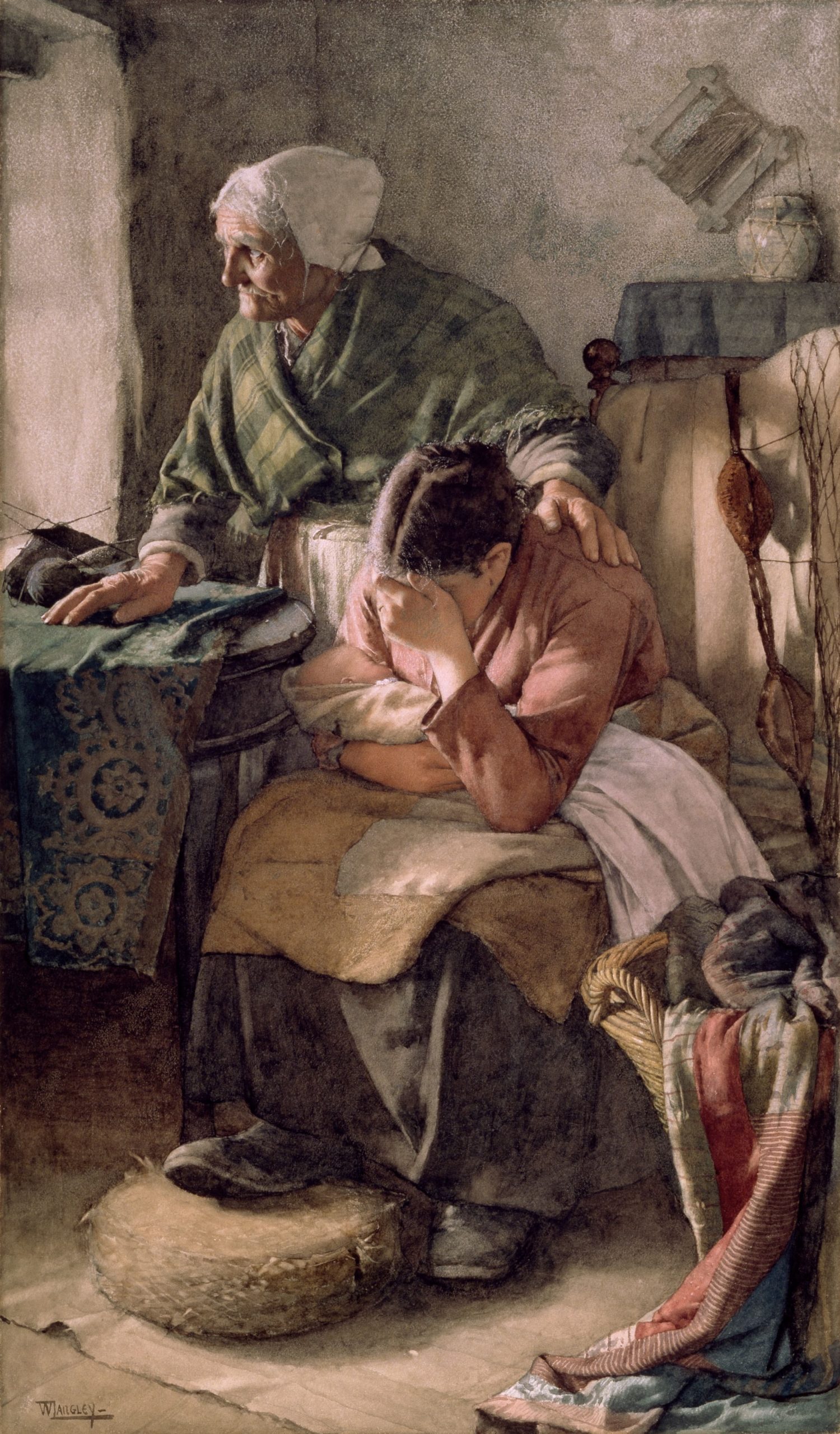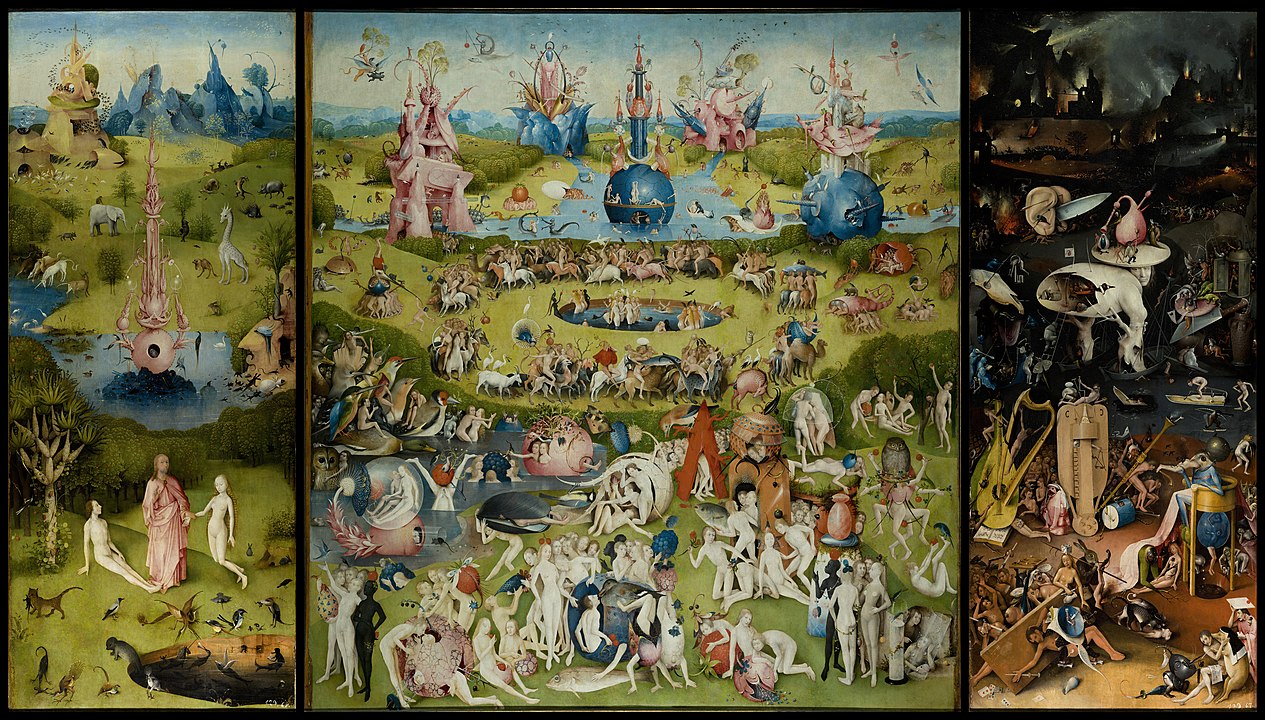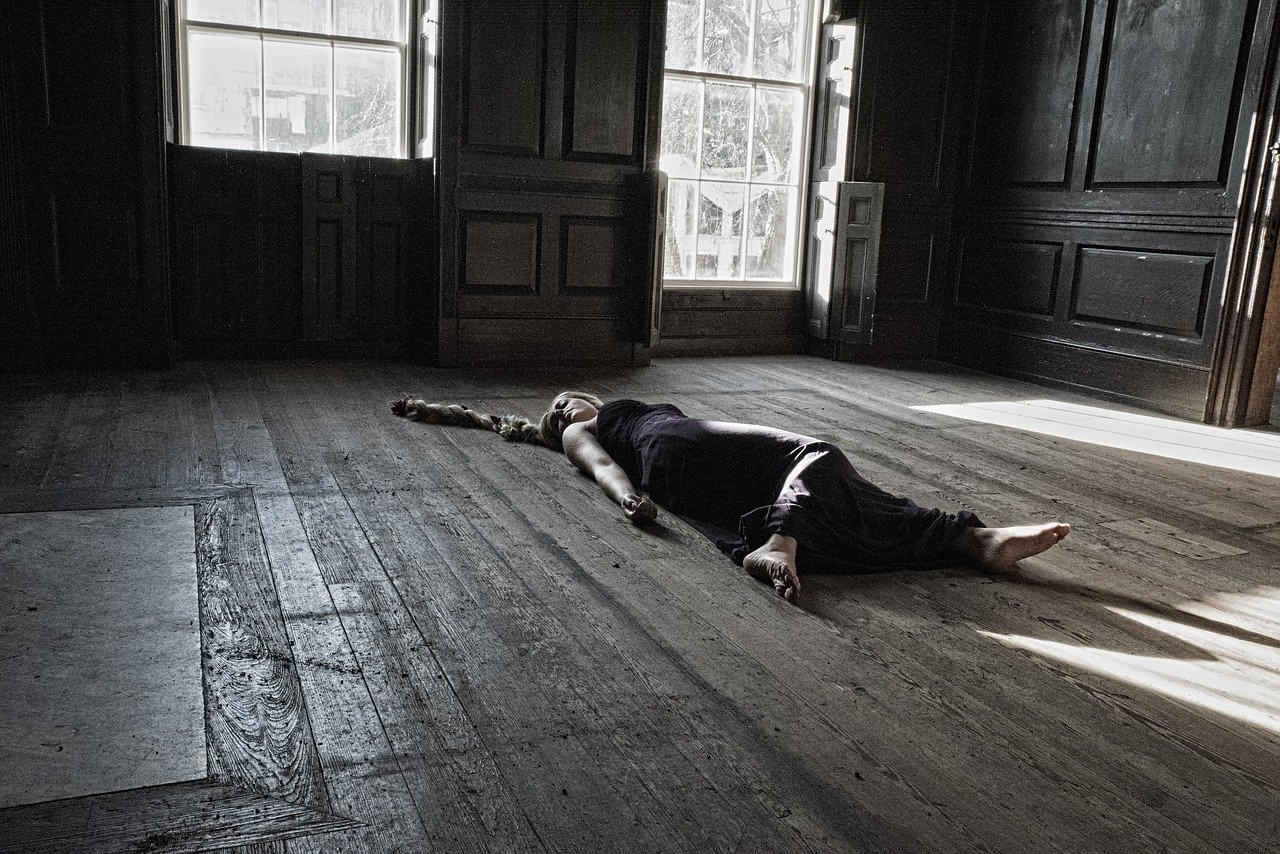
“The price we pay for our advance in civilization is a loss of happiness through the heightening of the sense of guilt.” ~ Sigmund Freud, Civilization and Its Discontents
A few weeks ago, I documented a true self-development story about healing guilt.
As it turns out, I’d not completely healed my subconscious guilt, I’d merely started the process.
In the previous article – which you can read here – I showed you how I used some of the tools we offer at Master Mind Content to understand why I was having obsessive thoughts about a judge.
Just so you know, obsessive thoughts and behaviours are unconscious energies trying to reveal themselves to the conscious mind. If you are mindful of these energies, they are often the first indications that revitalising changes will be made to your life.
“…the images that appear in imagination are in fact symbols, representing deep interior parts of ourselves. Like dream images, they symbolise the content of our unconscious. Because these interior beings have “minds of their own,” they say and do things that are new to us – startling, often enlightening, sometimes offensive to our egos.” ~ Robert Johnson, Inner Work
The conclusion I reached during my episode with the imaginary judge was that I had developed a sense of guilt because I do not allocate a sufficient amount of time to cultivate self-care.
To remedy my lack of self-care, I took up guitar lessons because I needed to dedicate more time to doing something I love. It also helps me to let my creative side loose.
The guitar lessons are going well!
However, this week I discovered something else:
And when you neglect yourself, you devalue your self-worth.
So this was the next stage in my lesson.
Firstly, I developed psychosomatic pain in my right ankle. The pain just appeared from nowhere one day. I know it was psychosomatic because there was no physical reason for the pain to appear.
My sister Michelle is trained in acupuncture so I asked her what the metaphysical meaning of pain in the right ankle is. The response was: “Inner or outer ankle? Outer is the bladder, gallbladder. Inner; spleen, liver; root chakra is ankle support.”
So I looked at my chakra chart (which you get with the Essential Self-Development Program) and find that the root chakra governs self-care.
Self-care, and the root chakra, is also associated with the caregiver archetype. In Greek myth, the caregiver is Demeter, the mother of Persephone, the undeveloped caregiver which I had encountered in the initial stages of my guilt trip.

The emotional causes for an unbalanced root chakra in relation to my current situation are money concerns, general insecurity and emotional neglect.
The situation I find myself in is wanting to dedicate more time to building Master Mind Content where my passion and ambition lie. However, my principal income is content writing. Obviously, I still need to make an income and have an obligation to my paying clients.
Note the word ‘obligation’ – it becomes very apparent in guilt trips. More about that later.
The predicament I find myself in is trying to balance my time between my personal passion (MMC), my self-development and my clients. And amidst all that, make time for me to rest and relax my body and mind – physical self-care.
If I drop my clients, I lose the income I need to support myself (money concerns and financial insecurity), but by giving most of my time to my clients, I am giving my time (energy) away and ultimately neglecting my emotional well-being. I’m not enjoying my client work so am not finding value in it.
This week, I developed pain in the arch of my left foot. It feels like a bruise, but again, the pain is not the result of physical damage – which means it’s psychosomatic.
“…a physiological fear… constitutes the central problem of the psychosomatic field of investigation. It has been until now the greatest obstruction to the investigation of the involuntary functions of life, which the neurotic person can experience only in a mysterious and fear-ridden way.” ~ Wilhelm Reich, The Function of the Orgasm
So again, I turned to Michelle for advice: “Arch of the foot represents a lack of support, you’re out of flow with life and need to re-evaluate what you’re doing.”
Well, I can relate to all of those things.
I know need to re-evaluate what my priorities are. Me or my clients, my income or my health.
Oh hello, that’s an easy decision!
I’m going on holiday next week.
Anyway, let’s get into the nitty-gritty of this article so that you can look into your own guilt issues and address where and how you can take care of yourself.
Guilt is categorised as one of the “sad” emotions. According to a comprehensive framework (Fischer, Shaver, & Carnochan, 1990), underlying guilt will surface as a negative emotion; depression, anxiety, agony, grief, loneliness etc.
There are various ways in which guilt appears. One is a lack of self-care, as previously mentioned. The other is due to something that occurred in the past and your true emotions were repressed.
The most common cause, and the first cause, is being reprimanded as a child. Whenever a child’s behaviour is ‘controlled’, societal rules are ingrained in us to ‘do this, don’t do that.’
When the human brain is in its most primitive stage, we are at our most expressive. This is when we are also at our most creative, happy and free. Childhood is our Garden of Eden. Just so you know 😉

As children, we also develop a strong sense of guilt. What appears to be innocent wrongdoing to a child is cited as a ‘bad’ or ‘naughty’ by society – in this case, the parents.
A knock-on effect of being reprimanded is shame. Essentially, the reaction of an adult reprimanding a child causes the primitive mind to feel ashamed for being bad.
Guilt is often entwined with shame. They are different emotions but the causes are often the same.
“Cultural Anthropologist Ruth Benedict describes shame as the result of a violation of cultural or social values, while guilt is conjured up internally when one’s personal morals are violated.” ~ Wikipedia
In other words, shame is a negative reaction projected on to us by someone else; guilt is how the subconscious processes our ‘shameful’ acts internally.
Whether a child’s behaviour is simply incorrect or unacceptable, perceived wrongdoing is programmed as a failure to live up to the standards expected by society; parents, teachers, peers.
If these perceptions and feelings are not corrected as you mature, the richer qualities of your personality stay undeveloped in the unconscious and take on a life of their own which rise to the surface as instincts.
In addition, when consciousness is repressed, the ego compensates for the lack of self-worth by looking for gratification, emotional wellbeing and acceptance from external sources.
Subsequently, our beliefs, attitudes, character traits and behaviours are moulded by these experiences. If you had disciplinarian parents and angry teachers, there’s a good chance you were scared shitless of adults by the age of 7.
Welcome to my childhood!
According to Sigmund Freud, the internal sense of guilt is a form of self-criticism. Traditional Freudian views suppose guilt appears in the form of the super-ego.
In psychoanalytic theory, the superego is our inner judge which criticises us if we do not live up to internalised ideals that are accepted by society or when we indulge in guilty pleasures far too often.
That means self-damaging behaviours that arise from the id and performed by the ego, are followed up with self-tormenting guilt and shame imposed by the superego.

For a subconscious that is supposed to look out for our emotional survival, this mode of functionality seems counter-intuitive.
But the real purpose of the unconscious is to agitate a feeling of unease. For anybody that is self-aware, psychosomatic pains, illness, neuroticism, synchronicity and symbols in dreams is a warning to sit up and take notice.
Warning signs are an opportunity for growth.
When you continue to ignore your unconscious, the internal guilt grows stronger and develops into the “sad” emotions; anxiety, depression etc…
The question is, where and how do these feelings of sadness arise from? If you indulge in ‘treats,’ self-gratification and everything else your ego engages in to get you through the day, why do you feel so shit?
Why is self-gratification a ‘guilty pleasure’?
The role of the superego is also to guide us into doing what is right for our personal improvement.
Because of the division between good and evil, we tend to deny our instincts and do not give them access to the surface of consciousness. This results in high levels of neurosis; some 264 million people have reported depression. The chances are that figure is much higher.
The general consensus among mental health professionals suggests that when there is a part of your conscious suppressing natural instincts, you will feel guilty – or the physical effects of guilt – without even realising it.
The next question is then, how do you know when the super-ego is responsible for the pains in your joints that are related to guilt?
I’ve shown you how I use symbolism to find the root cause of psychosomatic issues. There are other ways that might work for you also.
Psychologists agree that whatever causes of guilt “can be boiled down to a set of five basic types.”
The problem I find with the traditional “five causes of guilt” is they distort Freud’s original stance (that guilt is unconscious) and seek to alleviate the sense of guilt towards something external.
In some cases, this approach to therapy may be appropriate. In many cases, however, the negative emotions that surface is a warning that the issue is internal. My personal experience at this time is a testament to the inner “Judge”.
More accurately, you have an inner need that is intent on being expressed externally. In doing so, that part of your nature can be integrated into the conscious mind. With each integration, your personality becomes whole, piece by piece.
Recognising you have nothing to feel guilty about is only part of the problem.
Having said that, if you fall into any of the established “five cases of guilt,” it’s safe to say that you lack self-worth. The “causes” are the symptoms.
Let’s take a closer look
Have you ever felt guilty for something you didn’t do? I had this experience as a teenager.
I remember feeling guilty whenever there was an inquisition at school. “Someone has done something bad and should own up or the whole class will be punished.”
Even though I was not guilty, I felt a sense of guilt. This was, of course, an irrational fear.
But why did it happen?
It was because my conscious mind perceived I would be accused even though I had done nothing wrong. That belief stemmed from past experiences.
When I was a boy I was often in trouble for something I had not done or for something I couldn’t see was that bad. Such is the limiting rules of society.
For example, I was often in trouble with teachers at school but couldn’t understand why I was being reprimanded. When I was seven or eight, I was given a black spot and made to stand up in front of the whole school in assembly.
My crime: I couldn’t work out of maths sum.
On another occasion, my punishment was to stand in front of the class and read. When I returned to my seat, the teacher called me “a horrible little boy.”
My crime: I looked out of the window.
Oh yeah, I was so naughty!
This type of guilt is also born from an irrational frame of mind; usually in people that have a deep sense of responsibility like a mother, wife or husband.
When you’re suffering from this type of guilt, you say things like “If only I’d done such and such,” or I should have known better and done something.”
Here we see the negative attributes of the caregiver archetype. This is the part of us that is responsible for caring and others – and for ourselves.
This type of guilt might also surface if you’re feeling guilty for not helping out a friend or family member when they ask. Many people find it difficult to say ‘no’.
Yet the reality is that if you don’t say no, you tend to take on too much and do things for everybody else rather than yourself. In essence, you give your energy away.
At its root, the negative caregiver is a lack of self-worth. As a result, you are driven to top things for other people because you want to fit in and feel accepted.

However, by giving your energy to other people, you neglect your own needs.
While this may materialise in the conscious mind as resentment, it arises in the subconscious as guilt. Why? Because you are betraying your own self-worth which is an innate aspect of consciousness that we need to keep intact.
In cognitive theory, thoughts cause emotions. If you have a program that attaches feelings of guilt with a specific thought, you will naturally feel guilty and beat yourself up about it.
A good example of this among religious extremists is no sex before marriage.
Today, a common reason for feeling guilty is when you think you have caused harm or inconveniencing people. If you panic about being late for example, it is a symptom of guilt.
These feelings arise directly from the thought that you are responsible for doing something bad or wrong to another person. Sometimes you need to reframe the situation and determine how much you really are at fault.
Another example may be that someone has an accident or some other unfortunate incident and you blame yourself.
For example, let’s say you have an argument with your partner. They storm out of the house, get into the car and have an accident.
How much are you really at fault for their accident? Even if you started the argument (about nothing), every individual is responsible for their own actions.
A personal example: five years ago I was dating a girl. She was nice enough but created drama out of nowhere. I couldn’t cope with her erratic behaviour so ended the relationship.
On her way out, she stopped in the door, turned to me and said, “if anything bad happens to me, it’s your fault.”
I knew she would have an accident on her motorbike. Sure enough, the next day I received a photograph of her in a leg cast. Yeah, she was really like that.
If she hadn’t said anything on her way out, I may have felt guilty. But in this case, I knew exactly what had happened. I wasn’t going to allow myself to feel guilty about something that
If you’re around psychotic and irrational people that refused to engage in self-development, don’t hang around. And if it’s an intimate relationship, don’t feel guilty about leaving – whether they suffer an injury or not.
In therapy, this type of guilt is largely found among individuals that have outlived someone they were close to. It is common in war veterans and survivors of natural disasters or accidents.
It can also surface in parents who lose children before their time. A typical reaction is, “It should have been me.”
Feeling guilty when you’re doing better than someone else can also arise in successful people. If you feel sorry that your parents, siblings or best friends are not doing as well as you, it can manifest as subconscious content.
In most instances, you will not recognise these feelings of guilt and they ultimately become repressed. They only resurface when you commit acts of self-sabotage that impedes your success so you don’t have to feel guilty.
This type of guilt arises subconsciously because the feeling you have is associated with guilt. This is different from guilt arising from the unconscious because you are unaware of it so it manifests in various ways.
Remember, the subconscious store’s past experiences the ego responds to; the unconscious store’s consciousnesses the ego is unaware of.
*(This is not how every psychology professionals differentiates between conscious and unconscious, but how Master Mind Content teach you how to differentiate the three functions of Mind.)
When you are consciously aware that you’re feeling a sense of guilt, you can deal with it. Don’t repress the energy, but allow it to live in your imagination.

It is highly likely that the most common cause for feeling guilty about something you didn’t do, is a sexual fantasy with someone other than your partner. Your instinctive nature may also pull you towards adultery.
Every day, men and women meet people they find sexually attractive, and as we say in England, ‘you would wouldn’t you.’
And some people do. They may have no willpower or have fallen out of love with their partner or they need emotional support from somebody because they are not getting it from their relationship.
Individuals that overcome the impulse and honour their partner have a developed Hero archetype – you are able to remain faithful because you have overcome your inner demon.
However, that does not mean you can control your thoughts from straying if you are not getting the emotional nutrition you need. So don’t always rely on your partner or other outside influences stroke your ego.
You may also feel guilty about the thoughts that creep in of killing someone…usually your partner….oops, I’m thinking out loud.
Thoughts of killing – and not just your partner – are not uncommon. It’s the evil nature of mankind, the opposing energy to your goodness. As Freud mentioned, evil tendencies are the curse of culturing civilisations.
Providing your moral compass is attached and your ego is strong, you would never act upon the evil figments of your imagination. But truth be told, they do need to become alive in your imagination to avoid the energy becoming repressed.
The unconscious doesn’t know the difference between what is real and what is imagined.
When consciousness is repressed, the energy sinks into the unconscious where it develops a life of its own. The eminent psychoanalyst, Carl Jung described unlived energy as the Shadow.
Moreover, Jung said when consciousness is repressed in the Shadow it will become ‘dangerous’. If you continue to ignore the missing aspects of your personality it goes to further and further extremes to make you aware.
“They [symbols] are important constituents of our mental make-up and vital forces in the building up of human society; and they cannot be eradicated without serious loss. Where they are repressed or neglected, their specific energy disappears into the unconscious with unaccountable consequences. The psychic energy that appears to have been lost in this way in fact serves to revive and intensify whatever is uppermost in the unconscious— tendencies, perhaps, that have hitherto had no chance to express themselves or at least have not been allowed an uninhibited existence in our consciousness. Such tendencies form an ever-present and potentially destructive “shadow” to our conscious mind. Even tendencies that might in some circumstances be able to exert a beneficial influence are transformed into demons when they are repressed. This is why many well-meaning people are understandably afraid of the unconscious, and incidentally of psychology.” ~ Carl Jung, Man And His Symbols
If you continue to repress consciousness, they become highly charged, and with enough power, will possess the ego. If you have ever acted ‘out of character,’ it was because archetypal energy leapt forward and took possession of your conscious mind.
In myth, we see this expressed as abduction and rape. Just so you know.
It’s quite common for people to feel guilty about doing something they want to do rather than somebody else. How many times do you let your partner or friends choose where to go so you don’t feel guilty?
Sometimes you will feel selfish for treating yourself instead of your lover or children and guilty thoughts creep into your mind. This is another classic symptom that you have a lack of self-worth.
However, a less noticeable form of guilt is when you don’t take care of yourself. This type of guilt happens in the unconscious and has the potential to be seriously destructive – or dangerous as Jung put it.
So the lesson to learn here is never ever feel guilty about doing something for yourself instead of somebody else.
Ironically, self-care is everything the ego needs and more yet many of us have subconscious programs that encourage with self-neglect. And the ego is completely unaware of how destructive this is.

The role of the ego is to ensure that our basic survival instincts are met; food, shelter, and sex (exercise). Oh alright, you include exercise that is not sex as well.
However, this list only includes our survival instincts on a physical level. On a fundamental level, self-care involves emotional survival. This is where the sense of self-worth comes into play.
Remember, a lack of self-worth is the reason why feelings of guilt arise in the first place (in most cases). Its intention is to stir a sense of insecurity in you and draw attention to the conscious mind.
You will recognise you need more to cultivate self-care if you feel the need to escape part of your life. If you’re not feeling good about what you are doing, where you are or who you are with, you are not attaching any value – and subsequently self-worth – to your actions and experiences.
If this sounds familiar, do yourself a favour and remove yourself from toxic environments. At the very least, figure out a way to change the energy within the environment you’re in.
Toxic environments are destructive. They damage your ability to cultivate self-care and your super-ego makes you feel guilty about it. That’s a double-whammy.
We’ve discussed that guilt arises from a lack of self-worth (sacral chakra) which is born from self-care (root chakra).
There are several ways to work at that, but perhaps the first thing you may need to do is identify where you are giving away your time and energy to others – and, more importantly, the reason why.
If you are giving your energy away to people because you want to fit in, that’s an easy fix. Stop doing it.
Another underlying cause for neglecting your own self-care is often due to a sense of obligation. We exert huge quantities of effort looking after our families and investing time in our jobs to ensure we stay in employment or even get a promotion.
This is a problem that is harder to fix but not impossible.
Whenever you feel guilty, take notice. For example, let’s say your job, the place you are living or a relationship is toxic. You know you need to leave but feel guilty about how this will impact other people.
This guilt is actually a sign that you are not taking care of yourself.
If you feel guilty, go ahead and change your place of employment or home anyway. To make a difficult situation easier, tell yourself you need to do it for your own physical, emotional and mental wellbeing.
Be comfortable in knowing you are doing it for your own wellbeing. This will release the repressed aspect of your consciousness that is holding on to guilt and help to nurture your sense of self-care; physical and emotional survival.
Of course, there will be people with situations that are more complex. It’s not always so easy to simply up and leave.
If you can’t change your circumstances, you need to try and change the environment you are in or, at the very least, change your perception of the environment you are in.
Essentially, self-care is a mindset; it’s a way of being, not doing. Self-care cultivates self-worth. So put a value on your daily experiences, and if you’re in an environment that does not nourish your emotional needs, change your environment or change your perception.
When you release guilt and develop self-worth, you are more creative, resourceful and have a positive view of the world.
